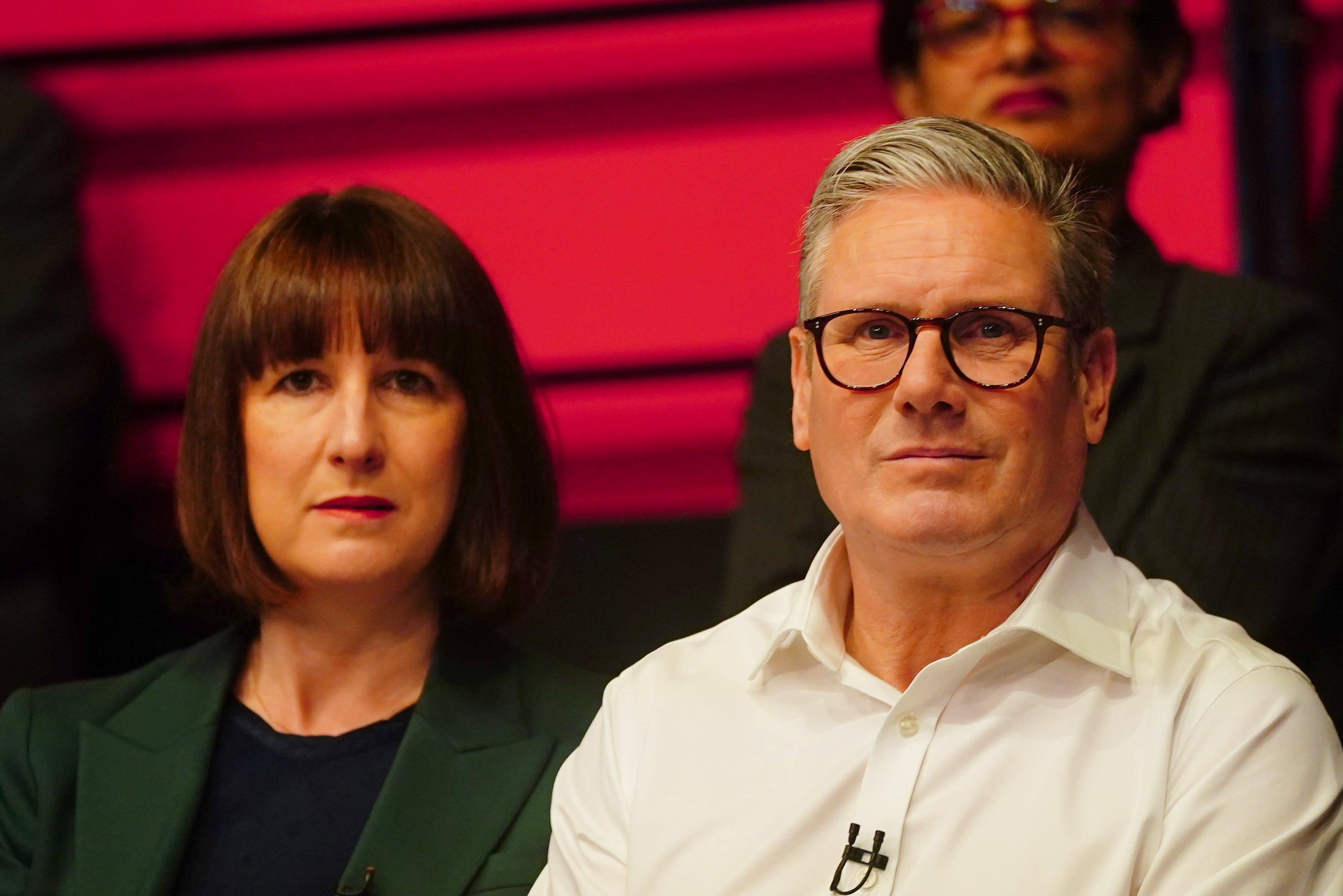Labour must give the public reasons for optimism after its ‘painful’ Budget
Editorial: The party insists that its miserabilism is part of a journey – but has failed to outline the destination

As the House of Commons returns from its summer break, the new government’s honeymoon is already over. The brief period of euphoria in Labour ranks after its landslide victory only two months ago has given way to a sober recognition of the daunting task ahead.
Sir Keir Starmer, who cancelled his own holiday to handle the riots in British towns and cities, has an unenviable in-tray of problems and tricky decisions. There is growing anxiety in Labour’s own ranks about Rachel Reeves’s decision to scrap winter fuel allowances worth up to £300 for all but the poorest pensioners. The chancellor is also under pressure to abolish the two-child limit on benefits, a move which would lift about 490,000 children out of poverty.
Attention is already focused on what Sir Keir tells us will be a “painful” Budget on 30 October, which is likely to include tax rises and spending cuts. Little wonder, then, that the prime minister’s and the government’s opinion poll ratings are falling.
It is a far cry from 1997, when optimism was in the air after Tony Blair’s landslide victory. A better parallel is 2010, when the Conservatives had prepared the ground before the election for the unpalatable medicine which became their austerity measures.
At this year’s election, Labour talked in vague terms about getting a rotten inheritance and needing to make difficult decisions if it won power, but there was little detail. It is determined to pin the blame on the Tories now those decisions must be taken.
Ms Reeves’s mantra of having the worst economic inheritance since the Second World War jars when the economy is growing, inflation has fallen, and interest rates have been cut. But it is true when it comes to the public finances. Labour’s claim of a “£22bn black hole” in the current financial year, with a similar gap looming in the Tories’ unrealistic spending plans for the next few years, has been underlined by the Office for Budget Responsibility fiscal watchdog and the Institute for Fiscal Studies think tank.
Sir Keir and Ms Reeves are within their rights to point the finger at the Tories’ legacy. But, as some Labour figures now recognise, there is a danger in overdoing the doom and gloom.
Two weeks before the Budget, the government will host an international investment summit for 300 business leaders aimed at boosting investment in the UK. There is a danger the pre-Budget political messaging will cast a cloud over the conference, undermining Labour’s most important mission to end the country’s sluggish growth.
Similarly, the widely expected higher taxes on wealth, such as capital gains tax and inheritance tax, must be handled with care, so as not to deter the entrepreneurs and investors vital for securing growth. Ms Reeves should also use her first Budget to outline reforms to the tax system to enhance growth.
Labour’s political point scoring is understandable; it will have only a small window in which to play the blame game. But at some point, Labour should make the case for taxes to rise by telling the British people they cannot enjoy European-style public services with US levels of taxation. France, Germany, Italy, the Netherlands, Finland and Norway all have a higher level of tax as a share of GDP than the UK, according to the Organisation for Economic Co-operation and Development.
Sir Keir has urged the country to “accept short-term pain for long-term good”, but has said more about the pain than the rewards that will follow. Labour’s narrative to date has been more about the Tories’ record than what it will do to “fix the rot” the prime minister claims they left behind. Labour needs a story about itself, too.
In a concession to critics worried he is being a doom-monger, Sir Keir insisted his is a “project of hope”, but he hasn’t told us what it is. Presumably, the long-term prize is economic prosperity and better public services – it would be good to know for certain.
Labour strategists insist what looks like miserabilism is part of a long-term plan – the first stage of a journey the government wants people to join it on. It is time Sir Keir and Ms Reeves said more about the eventual destination.






Join our commenting forum
Join thought-provoking conversations, follow other Independent readers and see their replies
Comments